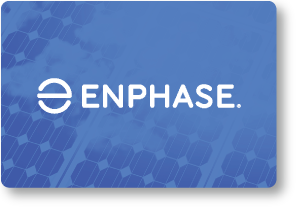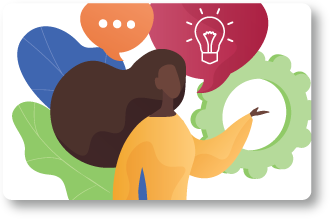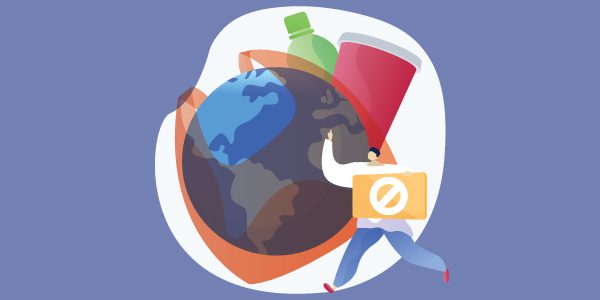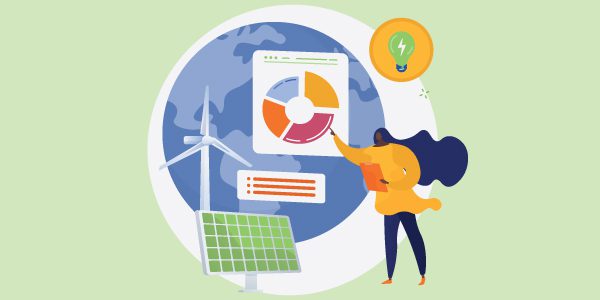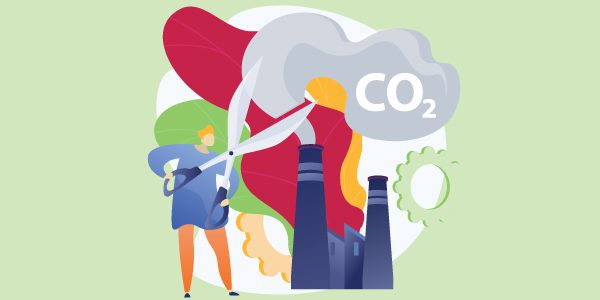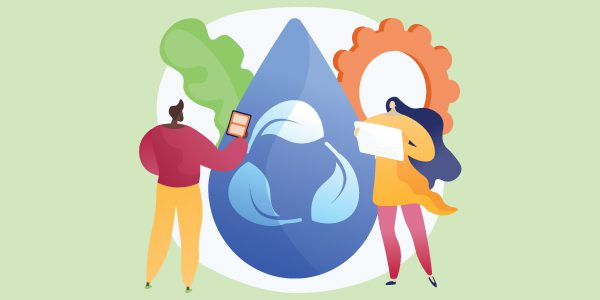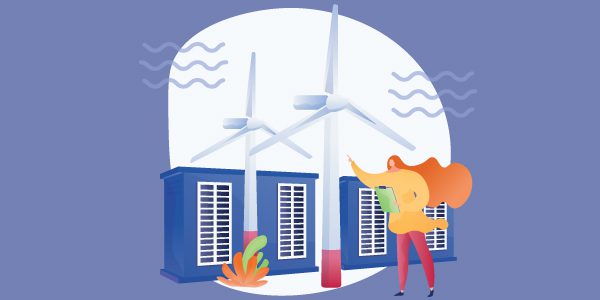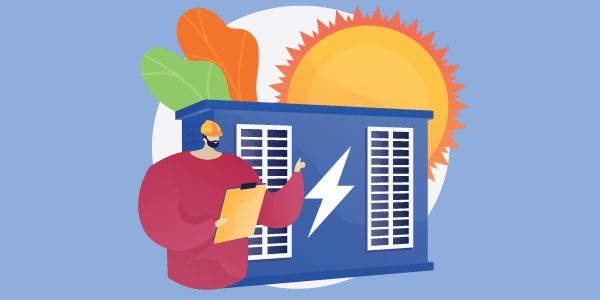Did you know, the last 10 years of this century produced more plastic than the entire last century?
To combat the shockingly high consumption of plastic, the Western Metropolitan Regional Council (WMRC) introduced an initiative called Plastic Free July.
This amazing cause raises awareness of the problems with single-use disposable plastic, and challenges people to do something about it. The initiative was originally created in Perth, Australia in 2011. Fast forward 10 years, and the initiative has been adopted by thousands of individuals worldwide.
As the name suggests, this scheme encourages participants to find alternatives to using plastic throughout the month. With an array of alternatives, resources and support at society’s fingertips, we believe that the community has the power to make a better choice.
To better understand why this is important, let’s take a quick look at just some of the reasons why plastic is so harmful.
1. Plastics Are Laced With Toxic Chemicals
Through the use of plastic, toxic chemicals are being consumed by humans, marine animals, and wildlife. The chemicals have been found to alter the function of the endocrine system by mimicking the role of the body’s natural hormone.
Among other worrying effects, this hormonal impact is killing the reproductive health of many fish species.
2. There Is An Abundance Of Plastic In The Ocean (Which Is Consumed By Marine Life)
In the most polluted places in the ocean, the mass of plastic exceeds the amount of plankton six times over. In fact, there are whole “islands” of plastic, one being known as “The Great Pacific Garbage Patch“, which is larger than the size of Texas. The plastics in the ocean are often microscopic in size, which sadly, is even easier for marine life to consume.
3. Did You Know That Plastic Contains Oil?
In fact, the production of plastic for the U.S. uses 331 billion barrels of petroleum alone. We all know that petroleum oil plays a chief role in global warming, as well as being lethal to fish and carcinogenic (cancer-causing).
4. A Piece Of Plastic Will Never Leave The Earth Or Its Atmosphere
Due to clever marketing, there is the common misconception that plastic is biodegradable. Plastic is actually photodegradable, which means that it will never “disappear”, but rather, breaks down into tiny particles and releases toxins.
When plastic is put into landfill, these particles leach into our waterways and contaminate surrounding soil. In addition, the breaking down of plastic in landfill emits methane gas, which also compounds to climate change.
Determined to combat these devastating effects, our teams have committed to a Plastic Free July, and we would love to help other businesses and employees to do the same. As such, we have compiled a list of tips and tricks to make your July plastic-free!
Here Are Some Of The Ways You Can Avoid Using Plastic
– BYO reusable food containers, KeepCups, and water bottles rather than using disposable take-away options
– Avoid food packaging by shopping at a bulk wholefood market where you can fill your own reusable containers
– Buy fresh bread that is not packaged, or packaged in paper
– Purchase milk that is in a returnable glass bottle rather than a plastic bottle
– Always carry a scrunch-away reusable shopping bag in a zip pouch to avoid the situation of needing a plastic bag
– When storing leftovers, avoid cling wrap and opt for foil instead (it is recyclable!)
– Check the label of beauty and hygiene products to ensure there are not any microbeads or polyethylene present
– Use a bamboo toothbrush rather than a plastic one
– Avoid cleaning products packaged in plastic containers by using baking soda and vinegar instead. When it comes to dishwasher detergent, look for a powder option which is stored in a cardboard box
– Return plastic containers (such as fruit punnets) to the store
– Where possible, use organic clothing free from materials such as lycra and polyester



